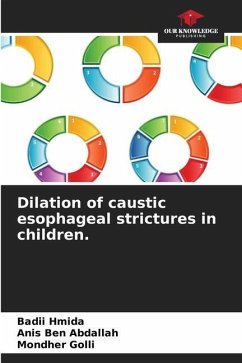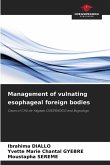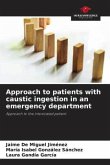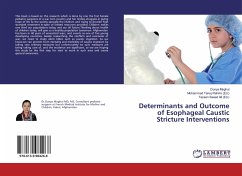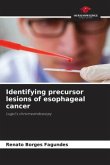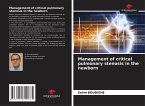Ingestion of caustic products is a frequent and serious accident. It can be complicated by esophageal stenosis. Our work is a retrospective descriptive and analytical study, about 100 children explored at Monastir University Hospital for caustic esophageal stenosis. This study was spread over an 18-year period from January 1998 to December 2016. The study population comprised 62 boys and 38 girls with a mean age of 4 years. Soda ash was the caustic most accidentally ingested in 51% of cases. Stenoses were of multiple locations in 86% of cases, very tight in 47%, irregular in 57% and very extensive in 46%. The average number of dilatation sessions was 8.2. The average interval between dilatation sessions was 3.5 months. A statistically significant correlation was found between a high number of sessions ( 6) and the following factors: multi-stage stenoses (p=0.032), very tight stenoses (p=0.007), irregular stenoses (p=0.015), stenoses extended to more than 5cm (p=0.009) and the spacing of the interval between dilatation sessions (p=0.05).

